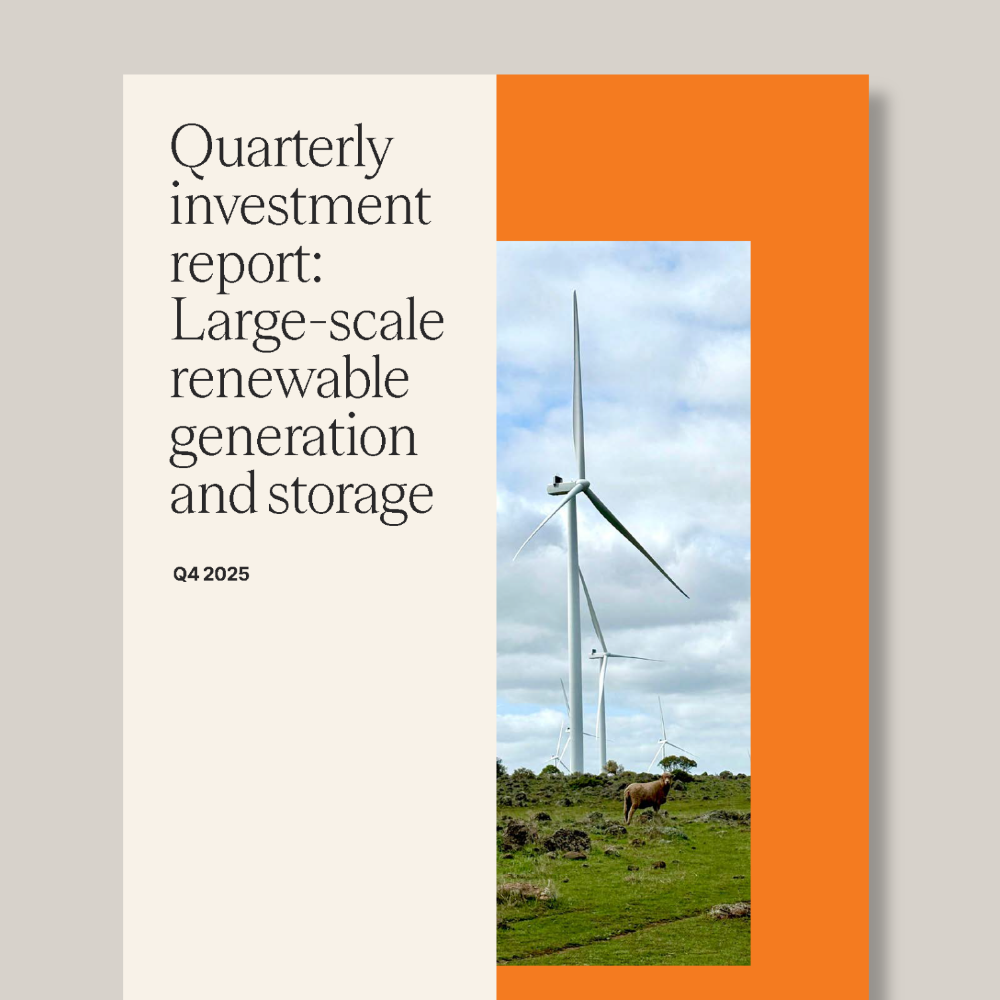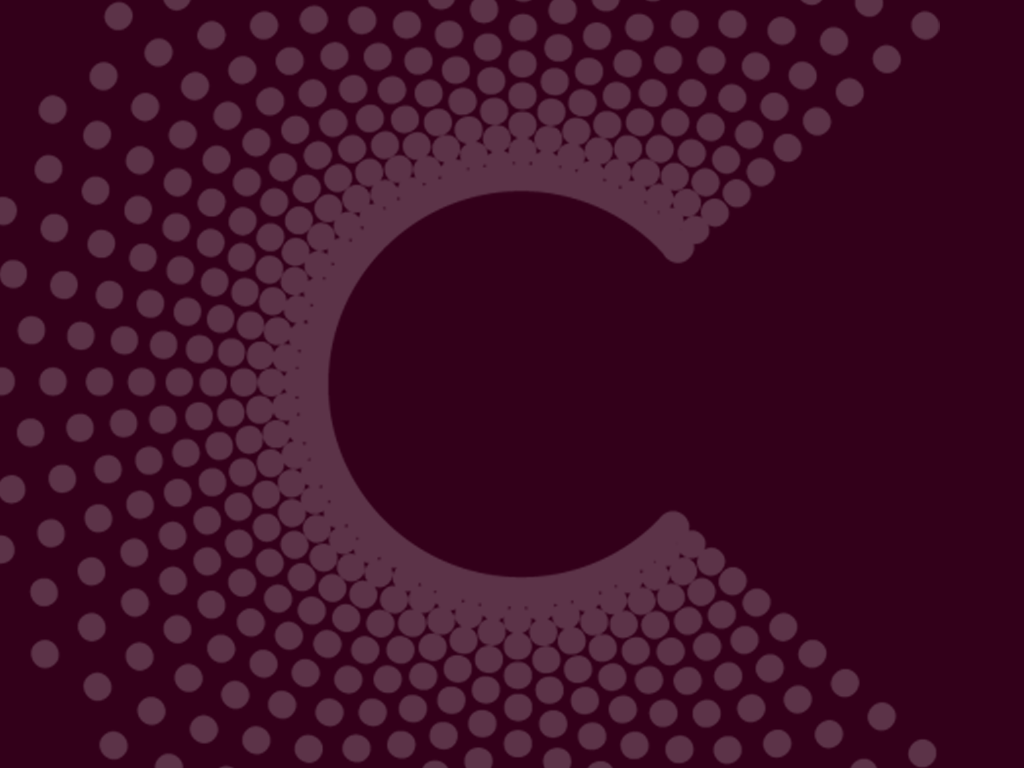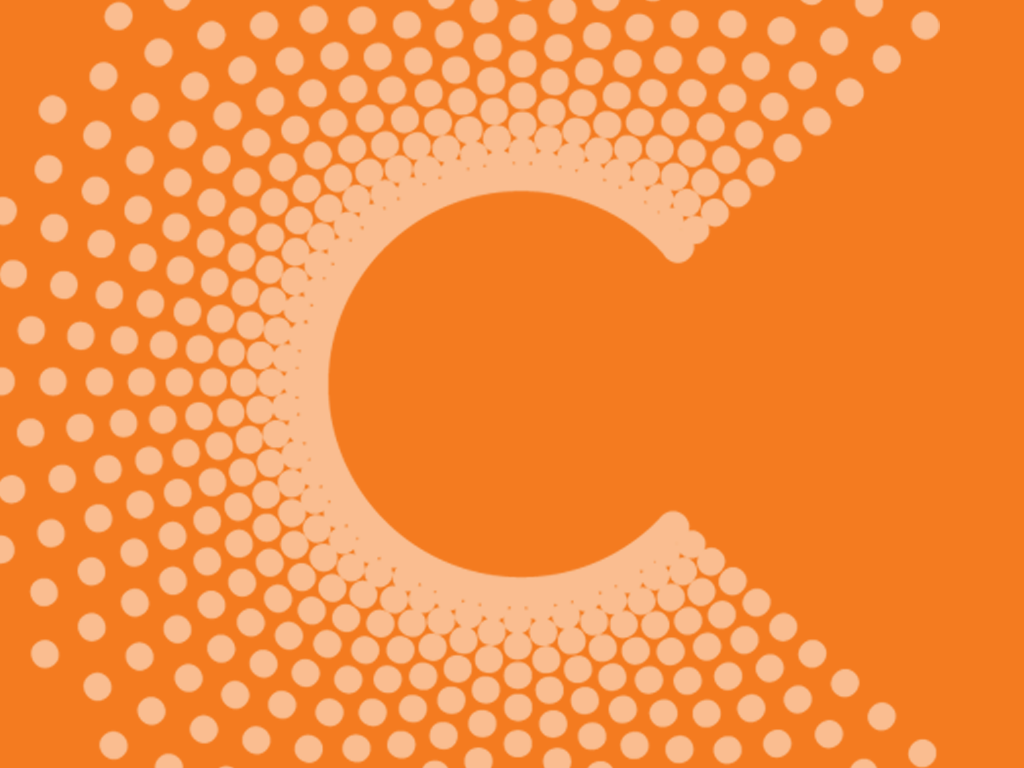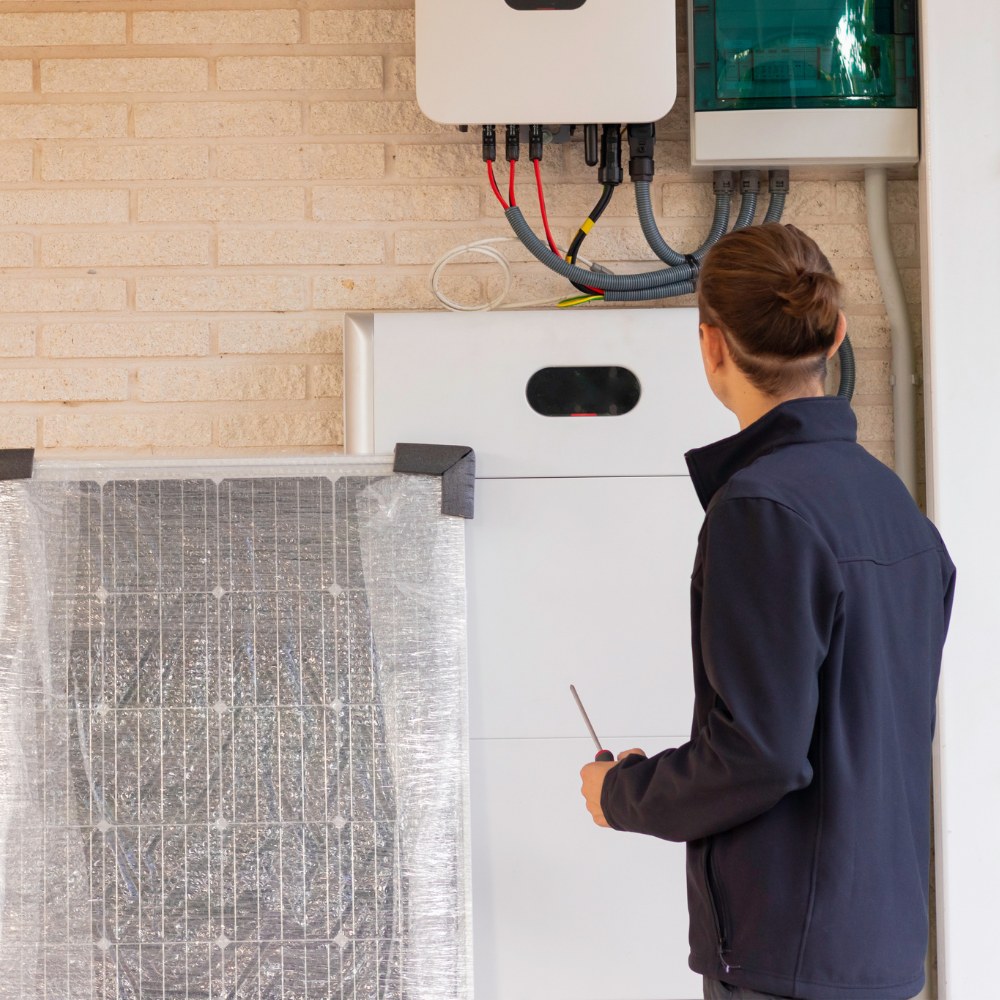Robbie NicholsSenior Technical Services and Standards Advisor
The regulations they are a-changing
PV solar and battery installers have to keep up with a lot. That may seem like a strange admission coming from someone who works for the Clean Energy Council, but as a third-generation electrician with over 30 years' experience in the electrical industry and solar installer for over 10 years, it’s the reality I experience too.
Back in 2007 when the Clean Energy Council began administering the accreditation program there were less than 400 accredited installers working in the industry who set up around 3,400 systems that year. Products and configurations were complex but were being designed and installed by a passionate, experienced, professional, and relatively small cohort. The standards at the time were reasonably clear and simple as were the regulations.
Fast forward to 2023 and there are now over 9,000 accredited installers installing over 300,000 systems a year. Systems are bigger and more complex integrating everything from solar, batteries, heat pump hot water systems to Electric Vehicles and much more.
Installers must now not only deal with state electrical bodies and inspectors (in some states) but also the CEC, the Clean Energy Regulator, state programs, the Distributed Energy Register (DER), New Energy Technology Consumer Code (NETCC) and network providers. Over the past five years we have seen numerous changes to the standards we are expected to comply with, a new National Construction Code and the creation and implementation of a new standard AS/NZS 5139, a new accreditation code of conduct, the move from the Approved Solar Retailer program to the New Energy Tech Consumer Code, a major update to vocational training units, and in SA new dynamic export limits regulations.
All of this is necessary: solar and battery systems provide an essential service, are high-value purchases subsidised by governments, are potentially dangerous and are developing rapidly. Nevertheless, it’s understandable that with so many rules and regulations compliance among installers is not perfect.
Compliance issues remain common
The Clean Energy Regulator conducts audits and inspections. While unsafe non-compliance issues are discovered in around 1.5% of cases, substandard non-compliance issues have been on the rise and occurred in 25% of cases in 2021.
While installers are trying to keep on top of regulatory developments alongside the never-ending list of administrative, marketing and accounting tasks involved in running their own business, they are not solely to blame. Shortcomings from other stakeholders in the industry can also trigger installer compliance errors: poor instruction from training providers, incorrect designs and quotes from retailers, poor communication from regulatory bodies or outdated interpretations from inspectors can all contribute to compliance issues.
So what is the solution?
The answer starts with technical education and support for all involved in our industry.
The vast majority of the industry wants to do the job right and avoid any time-consuming non-compliance issues. Most issues arise from a lack of knowledge or a misunderstanding rather than negligence.
We believe opening up the information available to the whole industry and providing better education and support is the key to fixing that. That’s why we’ve launched our new myCEC subscription, which builds on the knowledge and services we’ve developed in the 15+ years we’ve been running the accreditation program, to give industry the tools they need to keep on top of standards and regulations.
Here are a few of the features:
- Experts on your team – our Technical Services team include experienced accredited installers who still have their boots on the roof as well as sitting on numerous committees and working groups relating to regulation. They’re available on email and to answer your questions.
- Supercharge your skills – our Toolbox Talks are short videos designed to help users get up to speed on tricky technical topics during their breaks, while our Advice Docs are deep-dive guidelines on specific standards that give you all the detail you need. LearnLAB gives you access to a broad range of courses with CPD points available.
- Business essentials – simple templates and checklists to help you make sure you’re covered on specific jobs plus a maintained list of regulatory updates so you can check if there’s any developments you’ve missed. We’ve also got exclusive offers on insurance and workwear.
- Have your say – Have your say on the issues that matter to you through regular polls, industry opportunities and our Industry Reference Group.
We want to raise standards across the industry, not just on design and installation, so the myCEC subscription is available to anyone. Whether you're a salesperson looking to learn more about technical aspects of the job, an inspector who needs detailed interpretations of relevant standards, or you simply want industry updates and relevant offers, myCEC has tools that can help.
Three areas to check out now
- Earthing - the biggest non-compliance issue the CER deals with regards earthing. We have short videos addressing earthing conductor sizing and relevant standards as well as a deep-dive advice doc on commissioning.
- Safety – there have been serious non-compliance issues regarding safety recently. SafeWork (NSW) have worked with us on a CPD course available in LearnLAB while you can also download a comprehensive battery risk assessment template to tick off on the job.
- Flexible exports – although only a requirement in SA currently, as Solar Quote’s Anthony Bennet recently said, this issue is ‘coming to a renewables-heavy grid near you soon’ and will be a ‘nightmare’ for all concerned if we don’t get it right. SA Power Networks have worked with us to develop a CPD course available in the LearnLAB area now.
Get expert support from Robbie and the rest of the Clean Energy Council Technical Services team with a myCEC subscription. Find out more at myCEC





